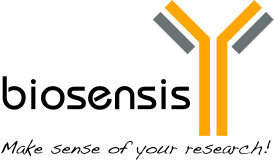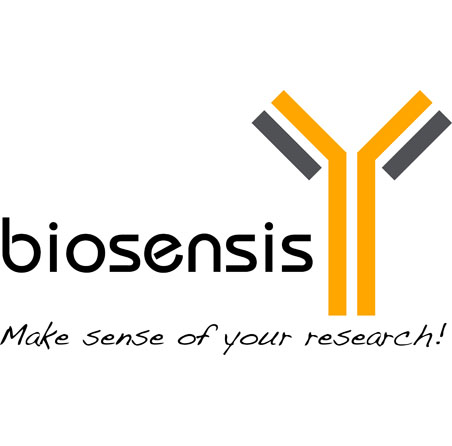Basic fibroblast growth factor (bFGF), Sheep Polyclonal Antibody
Only %1 left
Catalog Number
S-076
Discontinued
- Product Name Basic fibroblast growth factor (bFGF), Sheep Polyclonal Antibody
- Product Description Sheep anti-Basic fibroblast growth factor (bFGF) Polyclonal Antibody (Unconjugated), suitable for IHC-Frozen.
-
Replacement Product
Please refer to S-008-100 for an alternative.
- Alternative Names Heparin-binding growth factor 2; HBGF-2; Basic fibroblast growth factor; bFGF; Prostatropin; FGF2; FGFB
- Application(s) IHC-Frozen
- Antibody Host Sheep
- Antibody Type Polyclonal
- Specificity A high level of specificity for bFGF was shown by immunohistochemistry for this antiserum. This antibody is known to react with human, mouse and rat basic FGF.
- Species Reactivity Human, Mouse, Rat
- Immunogen Description Recombinant human basic FGF
- Conjugate Unconjugated
- Purity Description Affinity purified
- Regulatory Status For research use only.
Product Info
- Product Description Sheep anti-Basic fibroblast growth factor (bFGF) Polyclonal Antibody (Unconjugated), suitable for IHC-Frozen.
-
Replacement Product
Please refer to S-008-100 for an alternative.
- Application(s) IHC-Frozen
- Application Details IHC. A concentration of 1 µg/mL is recommended for immunohistochemistry. Biosensis recommends optimal dilutions/concentrations should be determined by the end user.
- Target Basic fibroblast growth factor (bFGF)
- Specificity A high level of specificity for bFGF was shown by immunohistochemistry for this antiserum. This antibody is known to react with human, mouse and rat basic FGF.
- Target Host Species Human
- Species Reactivity Human, Mouse, Rat
- Antibody Host Sheep
- Antibody Type Polyclonal
- Antibody Isotype IgG
- Conjugate Unconjugated
- Immunogen Description Recombinant human basic FGF
- Purity Description Affinity purified
- Format Lyophilized
- Reconstitution Instructions Spin vial briefly before opening. Reconstitute in 100 µL sterile-filtered, ultrapure water. Centrifuge to remove any insoluble material.
- Storage Instructions After reconstitution keep aliquots at -20°C for a higher stability, and at 2-8°C with an appropriate antibacterial agent. Glycerol (1:1) may be added for an additional stability. Avoid repetitive freeze/thaw cycles.
- Batch Number Please see item label.
- Expiration Date 12 months after date of receipt (unopened vial).
- Alternative Names Heparin-binding growth factor 2; HBGF-2; Basic fibroblast growth factor; bFGF; Prostatropin; FGF2; FGFB
- Uniprot Number P09038
- Uniprot Number/Name P09038 (FGF2_HUMAN)
- Scientific Background Fibroblast growth factors (FGFs) bind heparin and exhibit widespread mitogenic and neurotrophic activities in a variety of different cells including mesenchymal, neuroectodermal and endothelial cells. There are differences in the tissue distribution and concentration of these 2 growth factors. aFGF (FGF-1) and bFGF (FGF-2) are present in relatively high levels in CNS. aFGF is expressed by a subset of neuronal populations, while bFGF is expressed by astrocytes, both lack signal peptides. Human bFGF is a 17.2 kDa protein containing 155 amino acid residues. FGF-2 has been implicated in diverse biological processes, such as limb and nervous system development, wound healing, and tumor growth. SUBUNIT: Monomer. Interacts with CSPG4 and FGFBP1. Found in a complex with FGFBP1, FGF1 and FGF2. MISCELLANEOUS: This protein binds heparin more strongly than does aFGF. SIMILARITY: Belongs to the heparin-binding growth factors family.
- Shipping Temperature 25°C (ambient)
- UNSPSC CODE 41116161
- Regulatory Status For research use only.
Specifications
-
General References
Abraham, et al. (1986) Science. 233(4763):545-8
Kurokawa, et al. (1987) FEBS Lett. 213(1):189-94

 1800 605-5127
1800 605-5127 +61 (0)8 8352 7711
+61 (0)8 8352 7711
